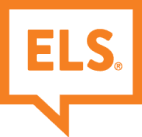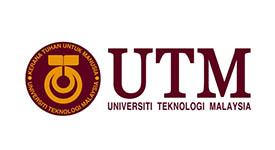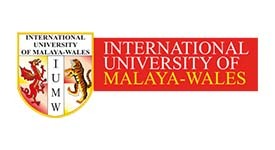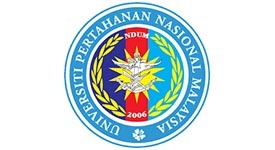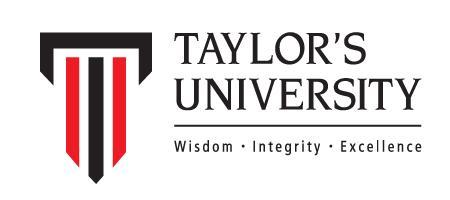Nursing Course in Malaysia : Complete Guide for International Students

- Home
- Specialization
- Nursing
Study Nursing in Malaysia - Complete Guide for International Students
Are you interested in pursuing nursing in Malaysia? This comprehensive guide will provide you with valuable information on Fees, nursing scholarships in Malaysia, entry requirements, and qualifications and explore the top universities to study Nursing in this guide.
A career in nursing focuses on providing care, support, and treatment to individuals, families, and communities in order to advance health and well-being. To be able to give accurate and comprehensive treatment, nurses work in collaboration with other medical specialists. In Malaysia, there are numerous subfields and specialisations within nursing. Here are a few nursing specialities available in Malaysia:

About various fields to study Nursing in Malaysia:
| Field | What Is It All About |
|---|---|
| Paediatrics | Provide care for newborns, children and young teens |
| Obstetrics | Provide care for mothers before, during and after delivery |
| Geriatrics | Provide care for the elderly |
| Accident & Emergency | Treat patients in emergency situations during trauma or injury |
| Ophthalmology | Provide care for patients with eye disorders |
| Oncology | Provide care for cancer patients |
As part of your bachelor's degree or Diploma in Nursing in Malaysia, you will cover the basics for most of these fields. You can also choose to specialise in one of these areas during your Postgraduate Studies (Masters and PhD).
- General Nursing: In a variety of healthcare facilities, including hospitals, clinics, and community health centres, general nursing entails giving care to patients of all ages. In addition to handling a variety of medical disorders, general nurses are qualified to offer fundamental healthcare services.
- Paediatric Nursing: Paediatric nurses are experts in treating newborns, kids, and teenagers. They have received training to provide age-appropriate care and to address the special medical, emotional, and developmental requirements of children.
- Obstetric and gynaecological Nursing: Nurses who work in this area are experts in providing care for pregnant and postpartum women. They support expectant women by educating them about prenatal care, labour and delivery, and postpartum care.
- Mental Health Nursing: Mental health nurses concentrate on providing treatment for people who suffer from psychiatric or mental health illnesses. They support people with mental health disorders by offering assessment, counselling, medication management, and therapeutic interventions in psychiatric hospitals, clinics, and community settings. mbbs
- Critical Care Nursing: Critical care nurses offer specialised care to seriously ill patients in intensive care units (ICUs) and other critical care settings. To maintain the stability and recovery of patients with severe diseases or injuries, they continuously monitor patients, provide complicated therapies, and handle life-supporting equipment.
- Community health nursing: In communities, community health nurses put a special emphasis on improving health and preventing diseases. They coordinate health promotion initiatives, administer screenings and immunisations, and provide health education in community clinics, health centres, and outreach programmes.
- Geriatric Nursing: Geriatric nurses are experts in providing elderly patients with the specialised medical care they require. They provide comprehensive treatment and oversee age-related health issues in geriatric care facilities, nursing homes, and home care settings.
- Oncology Nursing: Oncology nurses are experts in treating cancer patients. They collaborate with interdisciplinary teams to provide comprehensive cancer treatment, offering symptom management, support, education, and chemotherapy to cancer patients.

List of Nursing Universities in Malaysia with courses
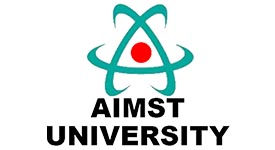
Courses:
43World Rank:
Scholarship: Yes
43
Courses:
105World Rank:
265Scholarship: Yes
105
Courses:
37World Rank:
Scholarship: Yes
37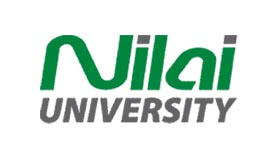
Courses:
36World Rank:
153Scholarship: Yes
36
Courses:
96World Rank:
5Scholarship: Yes
96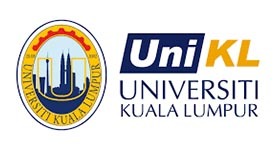
Courses:
145World Rank:
Scholarship: Yes
145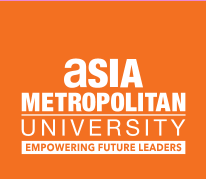
Courses:
39World Rank:
Scholarship: Yes
39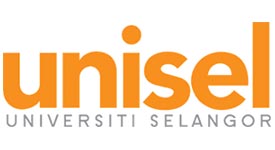
Courses:
56World Rank:
Scholarship: Yes
56
Courses:
97World Rank:
801-850Scholarship: Yes
97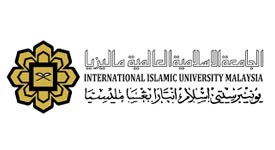
Courses:
118World Rank:
Scholarship: Yes
118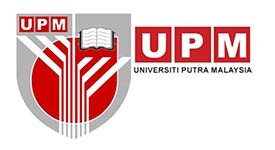
Courses:
56World Rank:
148Scholarship: Yes
56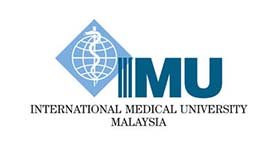
Courses:
31World Rank:
Scholarship: Yes
31
Courses:
70World Rank:
Scholarship: Yes
70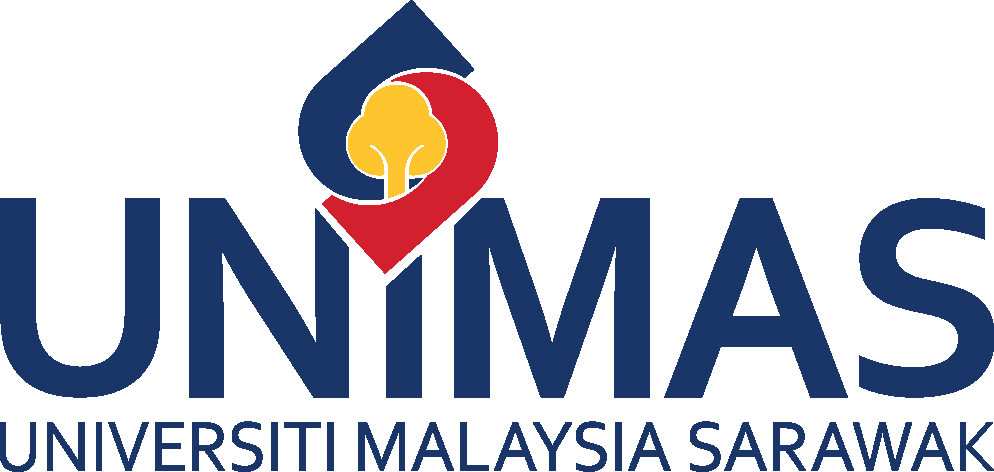
Courses:
66World Rank:
1001-1200Scholarship: Yes
66
Courses:
91World Rank:
60Scholarship: Yes
91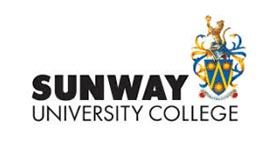
Courses:
65World Rank:
539Scholarship: Yes
65
Courses:
80World Rank:
371Scholarship: Yes
80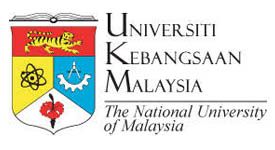
Courses:
208World Rank:
138Scholarship: Yes
208
Courses:
157World Rank:
580Scholarship: Yes
157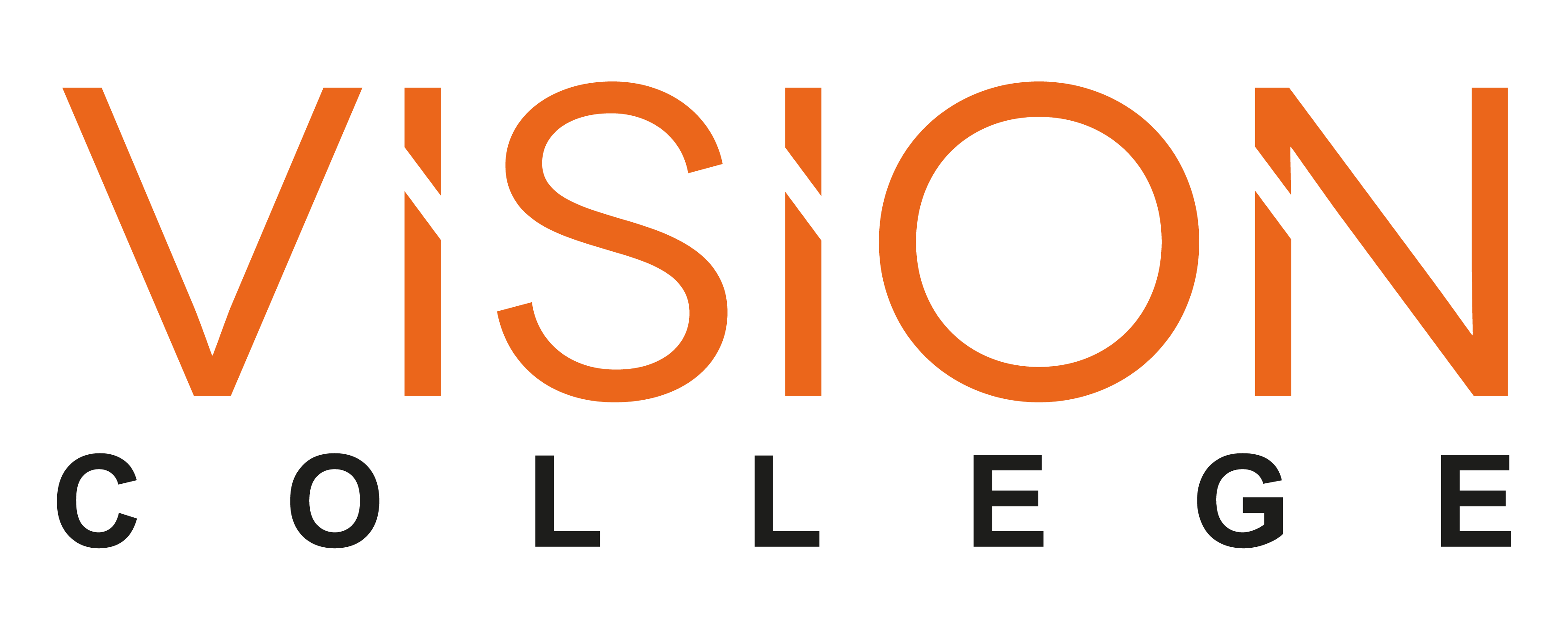
Courses:
19World Rank:
Scholarship: Yes
19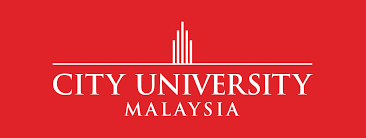
Courses:
106World Rank:
Scholarship: Yes
106Duration of the Nursing Course in Malaysia
The duration of study in Nursing courses is different depending on your level of study. Below is the duration of the nursing programme listed according to their study levels:
| Study Levels | Duration |
|---|---|
| Foundation/Diploma | 1 - 3 years |
| Nursing Bachelor’s Degree | 3 - 4 years |
| Master’s Degree | 2 - 2.5 years |
Entry requirements to study Nursing course in Malaysia
Depending on the school and the particular programme, different overseas students may not meet the requirements to study nursing in Malaysia. However, the following general prerequisites may apply to overseas students:
Foundation/Diploma:
- SPM/O-level: min. 5 credits (including BM, Mathematics, 1 Science)
Bachelor’s Degree:
- Diploma in Nursing or its equivalent
- STPM: min. CGPA 2.5
- A-level: min. 3C
Master’s Degree
- A relevant degree qualification
- Academic Requirements: In general, international students must have finished secondary education, or its equivalent, such as high school with mandatory subjects of Physics, Chemistry and Biology, in their native country. There may be a need for academic transcripts and certifications attesting to secondary education completion.
- Application Forms and Documentation: International students must fill out the application forms offered by their preferred institution. A personal statement, recommendation letters, copies of passports, academic transcripts, and any other documents required by the institution must also be sent as supporting documentation to get admission to the Nursing program in nursing Malaysia
- University Interview: All candidates must undergo an official interview process to get admitted to study bachelor of nursing program at Malaysian Universities.
Study Nursing in Malaysia Fee Structure for Bachelor, Diploma, Master's Degree
The tuition fee for studying Nursing in Malaysia is different for every institution but the fees are estimated to be around the cost as the table below:
| Programme | Estimated Fees |
|---|---|
|
Foundation/Diploma |
RM 15,000 - RM 50,000 |
|
Bachelor’s Degree |
RM 15,000 - RM 84,000 |
|
Master’s Degree |
RM 18,000 - RM 30,000 |
Several variables, including the kind of institution (public or private), the programme level (diploma or degree), and the particular university or college, could influence the cost of a nursing education in Malaysia. Here are a few general cost factors to consider about:
- Nursing Course Tuition Fees in Malaysia: Public universities in Malaysia often charge lower tuition rates than private universities. Although Nursing course fees in Malaysia actual can vary greatly depending on the university of choice, they typically fall within the range of RM15,000 to RM35,000 for diploma programmes and RM25,000 to RM55,000 for degree programmes for overseas students. Depending on the institution and programme, these numbers may not be exact and may change.
- Accommodation: Depending on the location and style of accommodation, the cost may vary. Universities and colleges may offer on-campus housing alternatives ranging between RM300 and RM800 per month. Depending on the area and available amenities, off-campus renting alternatives could cost from about RM600 to RM2,000 per month.
- Living Expenses: Depending on the city or town, Malaysia's cost of living can change. International students should plan to spend, on average, between RM1,200 and RM2,500 per month on food, travel, utilities, and personal costs.
Documents required for studying Nursing program in Malaysia
Depending on the institution admission to the Nursing program sought out a slight variation in the documentation process can be viewed, however, most of the admission and visa requirements are similar to the study of a Nursing degree in Malaysia. Here is the enlistment of documents required for nursing admission to Malaysian medical universities:
- Fill in the application form with personal and educational details
- Educational transcripts of Senior secondary and higher secondary programs
- Passport scanned copy: Full pages
- Letters of Recommendation
- Medical examination reports
- Financial support proofs
- Passport-size photograph of the candidate
Nursing Scholarship in Malaysia for International Students
Malaysian Universities and its Government offer various scholarships for students aspiring to study Nursing program in the country. There are plenty of scholarships offered to local and international students which could help them to gain a foothold to continue their future career in their desired field. Here are some scholarships that international and local students can consider:
Fully funded scholarships: Few Universities offered complete tuition fee waivers for international students to complete their Nursing program in Malaysia. Students need to facilitate their food and other living expenses only as the Tuition and Accommodation expenses are covered by the university through scholarships. It is very feasible for international students to further their education in their dream nursing career. Other scholarships offered are:
- Malaysian Government Scholarships
- MARA Scholarships
- Yayasan Khazanah Scholarships
- JPA Scholarships
- Industry sponsored scholarships
Why Study Nursing Courses in Malaysia
Nursing health and medicine programmes are provided in Malaysia at the diploma, bachelor's degree, and postgraduate levels. Here are the many nursing programmes offered in Malaysia:
- Diploma in Nursing: Malaysian nursing diploma programmes normally last three years. Students who complete these programmes will have the fundamental information and abilities needed to become registered nurses (RNs). To become proficient in providing patient care, students get both theoretical and practical training, including clinical assignments.
- Bachelor of Nursing: Students enrolled in Malaysia's four-year bachelor of nursing programmes will gain a deeper understanding of nursing theory, research, and practice. These courses cover a wide variety of nursing-related subjects, such as paediatric nursing, mental health nursing, and community nursing. Clinical placements also give students practical experience.
- PG Diploma in Nursing in Malaysia: Registered nurses who want to specialise in a particular area of nursing practice have access to a postgraduate diploma in nursing programmes. Advanced knowledge and skills in specialised disciplines like critical care nursing, oncology nursing, or mental health nursing are provided by these programmes.
- Master of Nursing: Registered nurses who desire to improve their studies and careers in nursing leadership, education, or advanced clinical practice can choose Malaysia's Master of Nursing programmes. These courses and research opportunities in these programmes let nurses gain specialised knowledge and abilities.
- PhD in Nursing: Nurses who want to pursue advanced nursing research can enrol in the Doctor of Philosophy (PhD) in Nursing programmes, which are research-focused. Students in these programmes are frequently expected to carry out original research and expand nursing knowledge.
How to Become a Nurse in Malaysia
In Malaysia, nursing is a highly respected profession that is important to the nation's healthcare system. Here are some details regarding nursing in Malaysia:
- Education and Training: Individuals must complete a nursing programme that has been approved by the Malaysian Nursing Board (Lembaga Jururawat Malaysia) in order to work as nurses in Malaysia. There are various methods to become a nurse, including degree programmes in nursing and diploma programmes provided by public and commercial universities. For the purpose of preparing students for nursing practise, these programmes offer both theoretical knowledge and practical training.
- Malaysian Nursing Board (MNB): The regulatory authority in charge of nurse registration and licencing in Malaysia is known as the Malaysian Nursing Board (MNB). It establishes the norms for nursing practise, education, and ethics. Individuals must be registered with the Malaysian Nursing Board in order to practise nursing in Malaysia.
- Registration and Licensing: To become a registered nurse, graduates of nursing programmes must pass the Malaysian Nursing Board Examination (LJM). After becoming registered, nurses receive a "Practicing Certificate" that enables them to work as nurses in Malaysia.
Nursing professionals in Malaysia have the option to pursue a variety of specializations and advanced practice positions. These encompass specialities like nursing in children, psychiatry, critical care, geriatrics, community health, and more. In Malaysia, roles in advanced practice like as nurse practitioners and nurse anaesthetists are also developing.
- Employment Opportunities for Nurses: In Malaysia, nurses can find work in a range of healthcare facilities, including public and private hospitals, clinics, nursing homes, and community health centres. Nurses can also find employment in the industrial sector, in research facilities, and in academic organisations.
- Nursing Associations: There are numerous nursing organisations in Malaysia that offer nurses networking possibilities, professional support, and ongoing education. Two well-known organisations in the nation are the Malaysian Nurses Association (MNA) and the Malaysian Private Nurses Association (MPNA).

Career Advancement and Postgraduate Education: Through postgraduate studies, specialisation classes, and professional development programmes, nurses in Malaysia can further their education and progress in their careers. To improve knowledge and skills and keep up with developments in healthcare, continuing education is recommended.
List of Top recognised universities offer Study Nursing in Malaysia
There are several Nursing colleges in Malaysia that offer Bachelor of Nursing programs. Here are some of the top colleges known for their nursing courses in Malaysia:
- University of Malaya (UM)
- Universiti Kebangsaan Malaysia (UKM)
- International Medical University Malaysia (IMU)
- AIMST University
- Universiti Sains Malaysia (USM)
- SEGi University
- MAHSA University
- Monash University
- Universiti Putra Malaysia (UPM)
- Management & Science University (MSU)
- KPJ Healthcare University College
Career Opportunities after Nursing Course in Malaysia
After completion of a Nursing course in Malaysia one can find plenty of opportunities to settle in Malaysia as well as in Singapore or any other world countries. Here are some potential career paths and job opportunities for nurses in Malaysia:
- Hospital Nursing
- Community Health Nursing
- Geriatric Care
- Pediatric Nurse
- Mental Health Nursing
- Teachers in Nursing
- Research and Academics
- Occupational Health Nursing
- Home Healthcare
- Pharmaceutical Industry
Average Staff Salary of Nurses in Malaysia
Salaries of Nurses in Malaysia may vary depending on their qualifications, experience, location, type of healthcare facility, and job roles and responsibilities. Here is an overview of the nursing salaries range in Malaysia:
- Staff Nurse—Range between RM2000 to 4000 per month
- Senior Staff Nurse / In charge Nurse—RM3500 to 6000 per month
- Clinical Nurse Specialist / Advanced Practice Nurse—RM 5000 to 8000 per month
Advantages of Study Nursing in Malaysia
The advantages of studying nursing in Malaysia are numerous. Here are some major benefits of attending nursing school in Malaysia:Top-notch educational system. Malaysia has a large number of internationally renowned nursing institutions that offer thorough and modern nursing programmes. In order to guarantee that students obtain a well-rounded education and gain the knowledge and skills they need to succeed in their nursing careers, the curriculum is created to satisfy worldwide standards.
- Affordability: Malaysia often provides more reasonable tuition fees and living costs when compared to other nations that offer nursing education. The cost of tuition is typically lower at public institutions, making nursing education more affordable for a larger spectrum of students. For both domestic and foreign students, there might also be scholarship options available to help ease the financial strain.
- International Recognition: The Malaysian Nursing Board accredits nursing programmes in Malaysia, ensuring that graduates are acknowledged both nationally and globally. Since nursing degrees earned in Malaysia are widely recognised worldwide, graduates can seek job prospects there or, if they so choose, further their studies elsewhere.
- Multicultural Society: Malaysia is a multicultural nation with a diversified population. The opportunity to experience and appreciate many cultures, languages, and traditions is provided by nursing studies in Malaysia. Students' cultural competence can be improved through exposure to a multicultural environment, which can also prepare them for employment in a variety of healthcare settings.
- Clinical Exposure: Malaysia possesses modern medical centres, including clinics, hospitals, and speciality clinics. Through clinical assignments in various healthcare facilities, nursing students in Malaysia get the chance to gain real-world experience. Students' clinical skills are improved and they are more prepared for nursing practice in the real world thanks to exposure to a variety of patient demographics and healthcare technologies.
- English-Language Instruction: Since English is the universal language of healthcare, many nursing programmes in Malaysia are taught in it. Strong English language skills, which are necessary for efficient communication in the healthcare industry, are developed by students studying nursing in a setting where English is the primary language of teaching. When looking for career prospects abroad, this language ability can be helpful.
- Career Opportunities: Malaysia's expanding healthcare industry is driving up the need for licenced nurses. Graduates from nursing programmes can choose from a variety of jobs in hospitals, clinics, community health centres, research institutions, and other healthcare settings after completing their studies. The nursing field is regarded as stable and provides opportunities for specialisation and professional progression.


